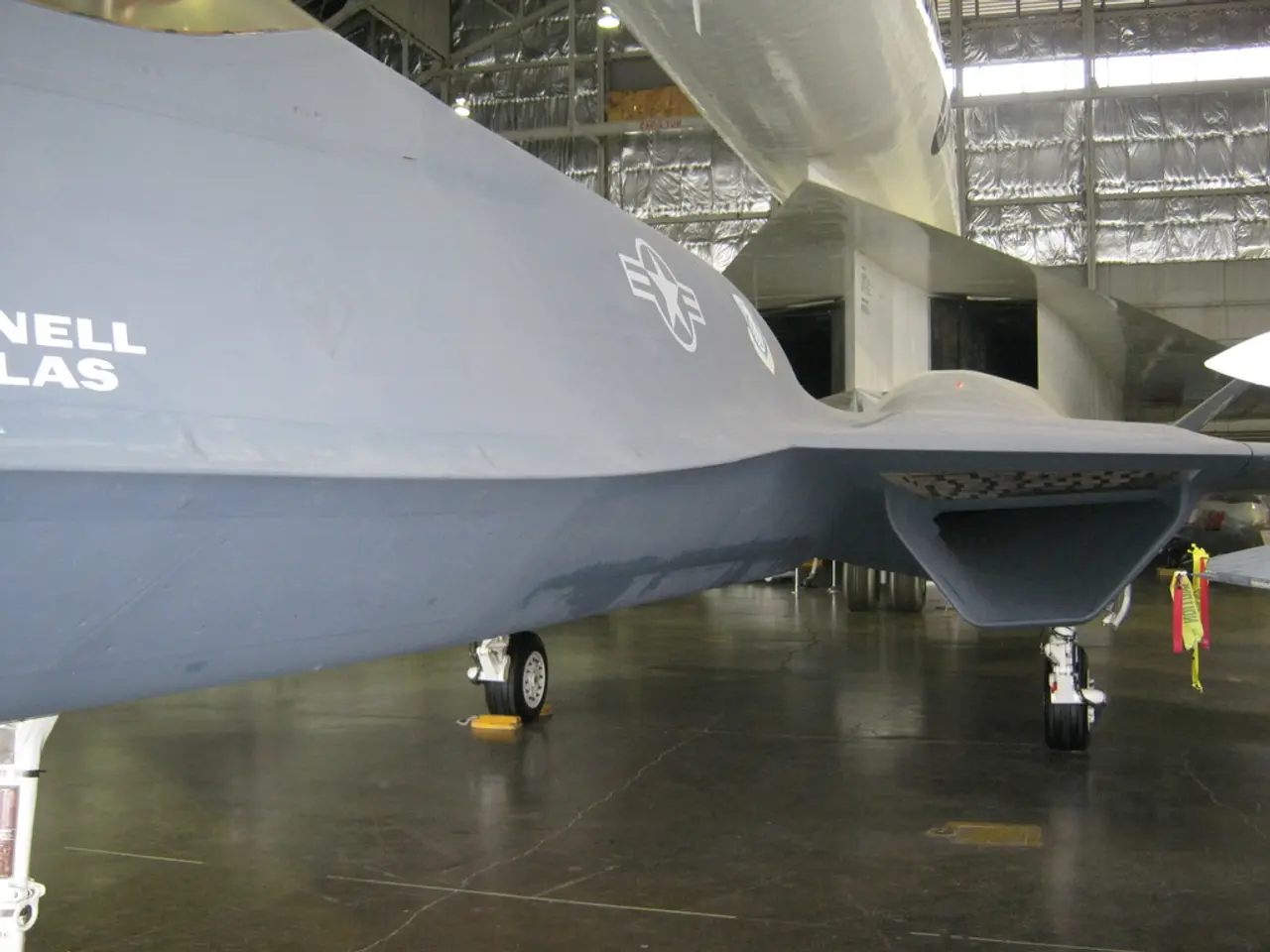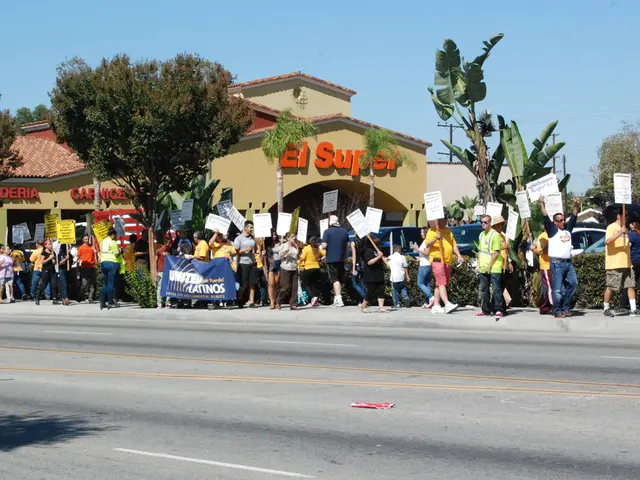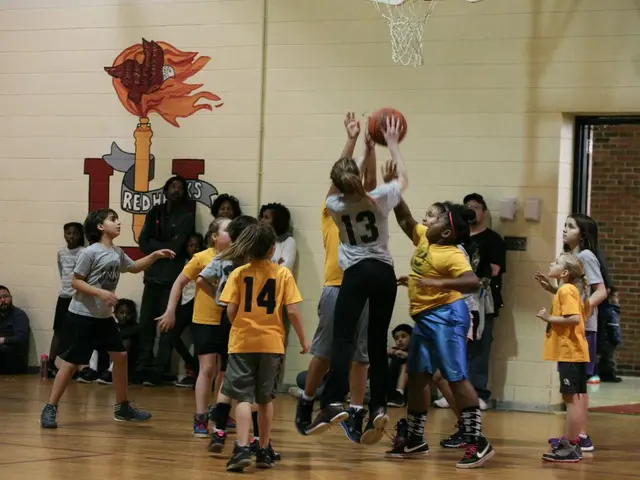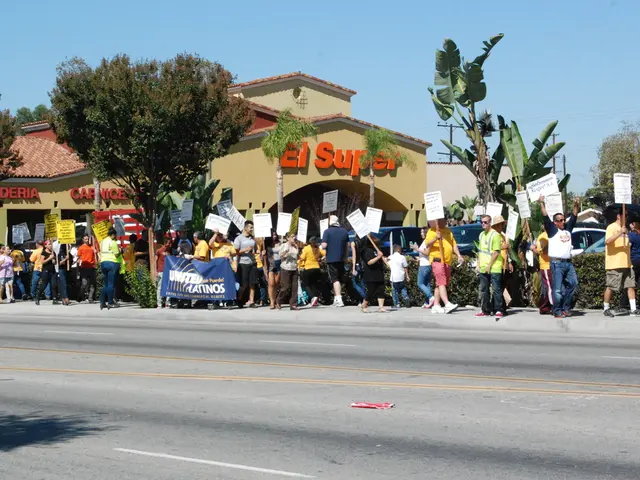Aircraft Incident Discussion: NCAA Addresses Distinctions in Cases of Kwam 1 and Comfort Emmanson
In 2025, two high-profile incidents shook Nigeria's aviation industry, involving unruly passenger behaviour and subsequent airline bans that were later overturned by government intervention. The cases of Comfort Emmanson and Wasiu Ayinde, popularly known as KWAM 1, sparked a national debate about passenger rights, crew responsibilities, and the appropriate use of force.
Comfort Emmanson Case
Comfort Emmanson found herself embroiled in controversy after a video showed her behaving aggressively onboard an Ibom Air flight. The footage captured her physically attacking airline crew members, an incident that led to her being forcibly removed from the plane in a manner that exposed her private parts. The highly offensive video caused public outrage, and Emmanson was detained overnight at Kirikiri Correctional Facility before being released.
The National Human Rights Commission condemned the disproportionate physical force and humiliating treatment used against Emmanson, describing it as a violation of her dignity and privacy. Despite Ibom Air's ban, the Nigerian Aviation Minister, Festus Keyamo, intervened and ordered her ban lifted, a move that drew criticism about whether this clemency undermined aviation safety and passenger discipline precedent.
Wasiu Ayinde (KWAM 1) Case
KWAM 1, a renowned Fuji musician, was initially banned by Valuejet airline for allegedly attempting to board a flight with alcohol and engaging in unruly conduct that threatened flight safety. His flight ban was initially six months but was reduced to one month following the Aviation Minister's intervention. The Criminal complaint against him was withdrawn, and the airline ban was lifted, a decision that was also met with criticism as setting a lax example.
Broader Context and Implications
These two cases ignited a national debate on the rights and responsibilities of passengers versus crew, the appropriate use of force, and the powers of the Aviation Minister to override airline-imposed passenger bans. Legal experts questioned whether the ministerial pardons were within legal authority and expressed concerns that lifting these bans could weaken deterrence for unruly behaviour.
The Minister emphasised the need for reflection and retraining of aviation staff on handling such incidents fairly and professionally. Cabin crew, according to the Minister, are responsible for passenger comfort, safety, and security on aircraft, and they should be treated with the same courtesy that passengers deserve.
In the midst of this controversy, the Nigerian Civil Aviation Authority (NCAA) remained a key player. The Director of Public Affairs and Consumer Protection at the NCAA, Mike Achimugu, suggested a possible settlement for the Comfort Emmanson case, which could lead to the withdrawal of the prosecution. Achimugu also stressed that airline staff are human beings and deserve the same courtesy that passengers do.
The NCAA did not issue an advisory to Ibom Air regarding the ban on Comfort Emmanson. Instead, Ibom Air acted based on evidence already available to them. AON, the airline in question, has the right to ban any passenger, including Comfort Emmanson, based on video evidence available.
The handling of the KWAM 1 case by the NCAA was different from that of Comfort Emmanson because the NCAA had the opportunity to investigate the former before advising the airline. In the KWAM 1 case, the NCAA did not issue an advisory, but they did investigate before advising the airline.
The controversy surrounding the lifted bans raises important questions about passenger discipline enforcement and human rights in Nigeria's aviation industry. It's clear that there might be different ways to restrain an unruly passenger, and standard practices can evolve and change. However, it's crucial that these practices are fair, professional, and respect the rights of all parties involved.
Read also:
- Court petitions to reverse established decision on same-sex marriage legalization
- Commemoration of 200 Days of American Resurgence Unveiled
- Minister Bärbel Bas expresses doubts about her tenure as a minister following a recent interview during the summer.
- Politicians from both Republican and Democratic parties are urging President Trump to maintain the security agreement with Australia and the United Kingdom.






